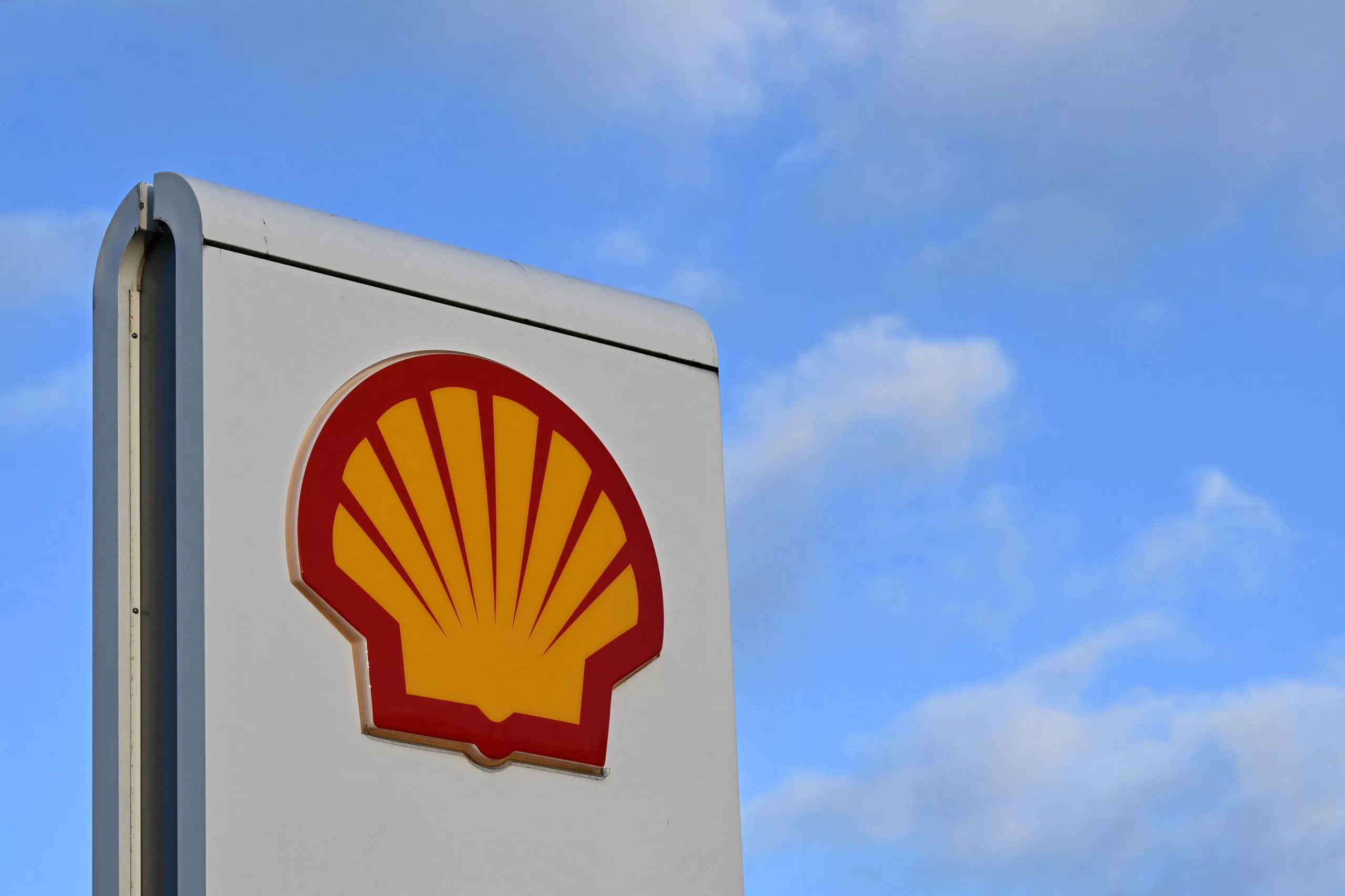Shell, the British oil giant, reported its highest-ever yearly profit on Thursday, boosted by surging fossil fuel prices and sustained demand since Russia’s full-scale invasion of Ukraine last year.
For the fiscal year 2022, Shell reported adjusted earnings of $39.9 billion. This easily exceeds Shell’s previous yearly record of $28.4 billion in 2008, and is more than twice the company’s full-year 2021 profit of $19.29 billion. Refinitiv surveyed analysts predicted a net profit of $38.3 billion for fiscal year 2022.
Shell announced adjusted earnings of $9.8 billion for the fourth quarter of 2022. Shell announced a $4 billion share repurchase program, which is intended to be completed by the company’s first-quarter 2023 results, which are likely to be released in early May, as well as a 15% dividend per share increase for the fourth quarter.
“Our results in Q4 and overall illustrate the strength of Shell’s unique portfolio, as well as our capacity to supply crucial energy to our customers in a turbulent world,” Shell CEO Wael Sawan said in his first earnings statement since accepting the job on Jan. 1.
“We believe that Shell is well positioned to be the trusted partner during the energy transition. “As we implement our Powering Progress plan, we will build on our core capabilities, streamline the organization, and focus on performance,” he continued.
Shell’s cash capital expenditure forecast for 2023 is $23 billion to $27 billion.
The figures follow in the footsteps of Exxon Mobil and Chevron’s unprecedented yearly earnings, with the West’s leading oil and gas corporations likely to make about $200 billion in profits for the year, according to Refinitiv statistics.
The enormous size of the industry’s revenues has spurred increased criticism and proposals for a windfall profit tax on Big Oil.
Shell warned last month that increased taxes in the European Union and the United Kingdom will cost it $2 billion in the final three months of 2022.
The stock of the London-listed corporation is up about 1% year to date.

